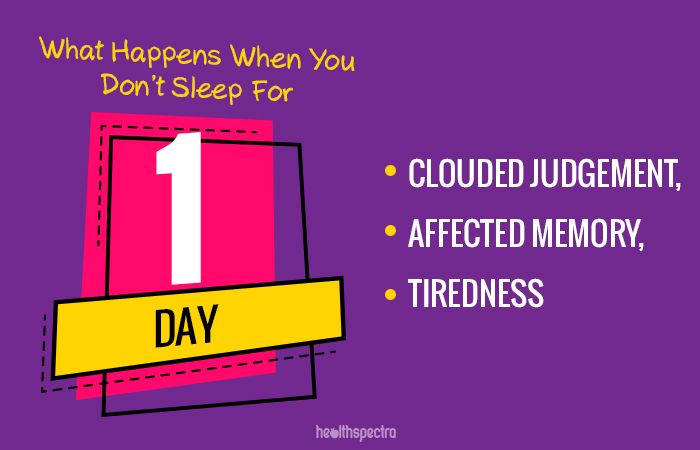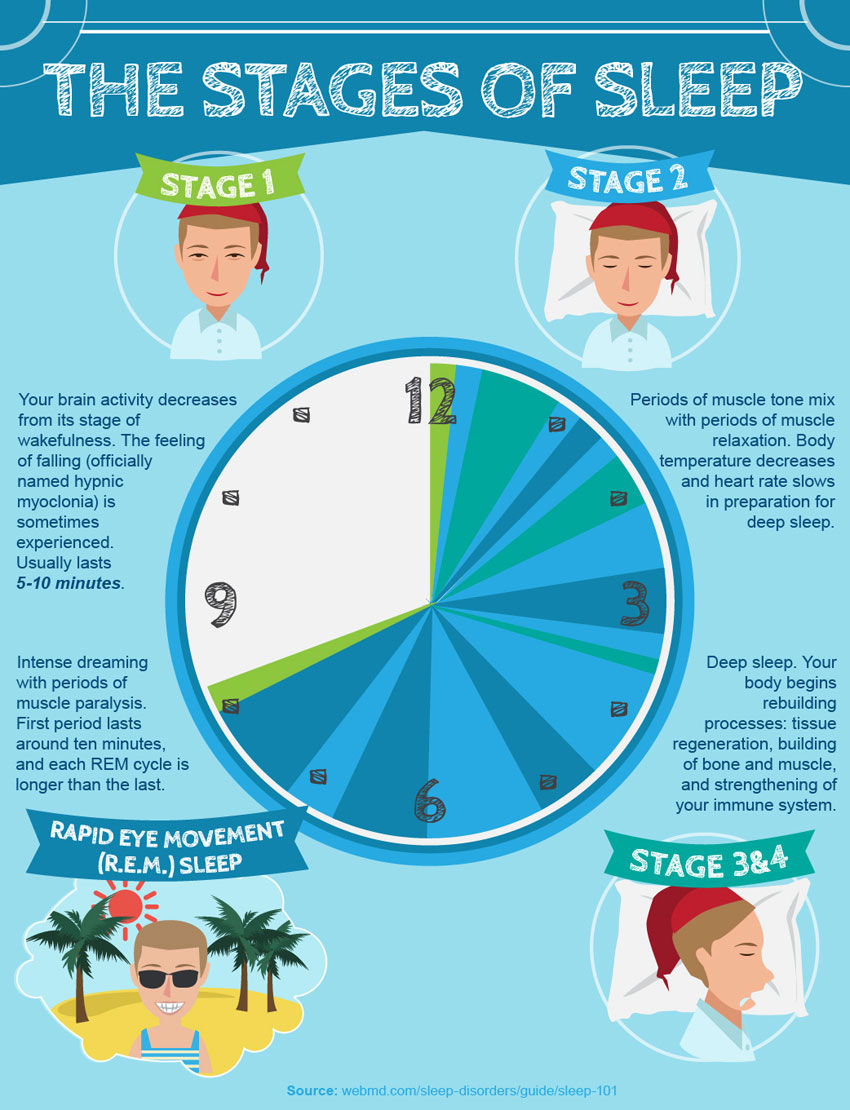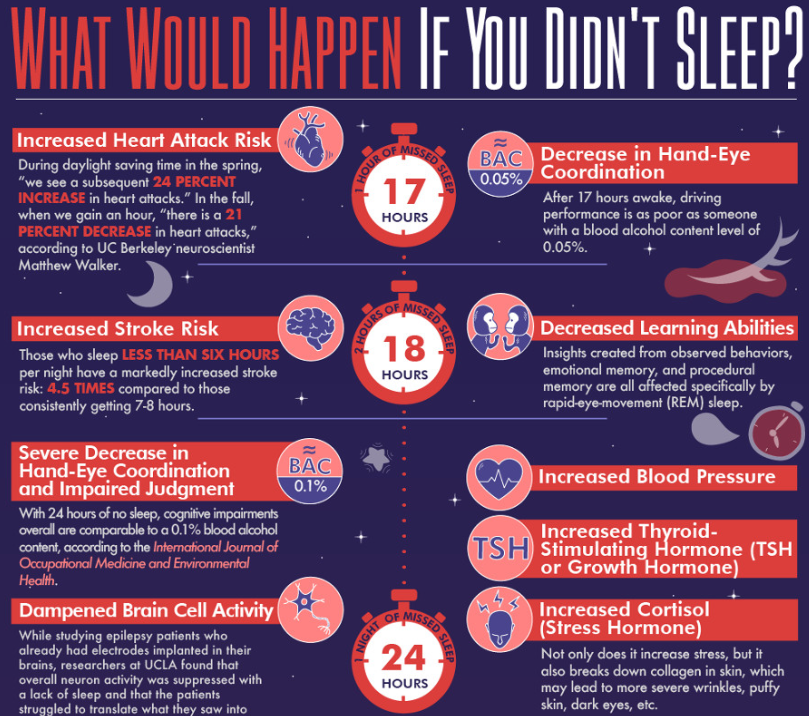

After several days, you’d be almost completely unable to function. Now let’s say you deprive yourself of sleep for a week. At the end of seven days, how would you be feeling? You’d probably be hungry, perhaps a little weak, and almost certainly somewhat thinner. “If you spend that extra time sleeping during the week, which is going to add up really dramatically, you’re going to save time because you’re going to perform more highly,” Goldstein says.Say you decide to go on a fast, and so you effectively starve yourself for a week. Even the busiest person should spare the time to sleep a little more each weeknight, since the payoff is worth it. It’s a goal worth pursuing, Goldstein says. The ultimate goal, of course, is to get enough sleep during the week that you don’t need to catch up on weekends. Preserving your circadian rhythms by keeping stable wake times on the weekend and limiting nighttime light exposure may also improve your sleep quality during the week, Goldstein says. The National Sleep Foundation says that just 20 minutes of napping is enough to leave you feeling refreshed, as long as you don’t nap too close to bedtime. “If you do need to log some extra hours, a midday nap might be better.” Previous research has also linked naps to better, memory focus and creativity. “The light exposure in the morning right after your sleep period is what we think is most important for keeping those regular biological rhythms going,” Goldstein says. If you’re exhausted by the time Saturday arrives, Goldstein says you should opt for a midday nap rather than a marathon overnight sleep. Other research has also linked losing just an hour of sleep to eating about 200 extra calories the next day.įatigue can also worsen productivity, work or school performance and workouts the next day, creating a ripple effect that can’t be easily corrected by hitting snooze on Sunday, Goldstein says. The new Current Biology study found that sleep-deprived people snacked more after dinner and experienced negative metabolic changes compared to people who got enough sleep for 10 days in a row, and those changes could not be fully corrected through weekend sleep.

But circadian rhythm shifts can affect your health no matter what your schedule is, research suggests. The effects have been best documented among night shift workers, whose non-traditional schedules are associated with cancer, cognitive decline and early death. If you’ve ever struggled to sleep on Sunday after late nights on Friday and Saturday, circadian shifts may be why, Goldstein says.Īlso, “there are health risks to any degree of circadian disruption,” Goldstein says.


#What happens if you dont sleep for 24 hours crack#
Similarly, a string of early mornings can have you rising at the crack of dawn naturally. A few late nights in a row can move your circadian clock later, which will make your body want to be awake late at night, Goldstein says. When you start tinkering with your sleep times, even by a little bit, you may see consequences. Light exposure influences circadian rhythms somewhat - which is why you may have trouble sleeping after using screens at night - but if you maintain stable sleep and wake times, your internal clock should be similarly reliable, Goldstein says. Your circadian clock naturally starts secreting sleep-promoting melatonin around 9 p.m., and levels stay elevated throughout the night before dropping off in the morning, according to the National Sleep Foundation.


 0 kommentar(er)
0 kommentar(er)
